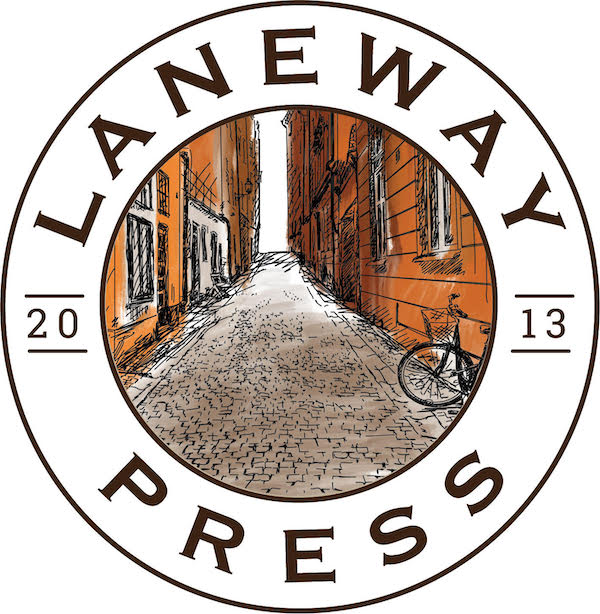Write, or don’t write. But don’t do anything else: 10 tips on overcoming writer’s block (Part 1)
Writer’s block. Two words that cause fear in even the most established writers. Nobody is immune. You could be 70 per cent into your magnum opus and it pulls you into its clutches, and suddenly your magnus opus is more magnus hopeless. You’ll question if you’ll ever be able to write again. You’ll wonder how you ever managed to write anything before, such is the hopelessness of the dreaded, seemingly inescapable, writer’s block.
There are so many reasons to have writer’s block. It could be fear of failure, a fear that stems from the procrastinator’s best friend, perfectionism (why write at all if you’re not going to be perfect in the first go?) Perhaps you’re not writing because you fear criticism of others, too. If you haven’t noticed, fear is the running theme here. Or you could just be lacking the motivation to put one word after another. The causes are many, some requiring more introspection and healing than others. But you’re not alone. So here are some tips on overcoming writer’s block that will help you stop procrastinating!
1. Go offline to beat writer’s block
I don’t mean go on a writer’s retreat to a cottage in the middle of the woods (but do it if you can!). I mean the obvious. Go offline. Turn off your Wi-Fi. Turn off the modem, your mobile data, and any possible link to the internet.
This is common advice for a reason – the internet is pure distraction. Whether it’s checking every notification on your phone, or constantly ‘researching’ your book, causing the people behind Google to question what a strange person you are for googling typical writer things:
- how to bury a body
- common female baby names in Ancient Rome
- how to get away with murder
- what’s the difference between a semicolon and an em dash?
- what does a dead body smell like after 6 days?
- (Crime writers must set off all sorts of alarms in the Google head office!)
The internet in all its forms is there to distract as much as it’s there to help. So turn it off.
2. Do nothing
Author Neil Gaiman knows what’s up when he gives the advice of ‘do nothing’. What? Do nothing? Isn’t writer’s block and procrastinating doing nothing already?
No.
Far from it.
You’ve already googled this article, haven’t you? Or googled obscure things in the name of research? Or checked your phone notifications? Or watched an irrelevant YouTube video? You might not be writing, but you’re certainly not doing nothing.
Neil Gaiman’s rule is that you can sit and write, or you can sit and do nothing, but you can’t sit and do anything else. ‘All I’m allowed to do is absolutely nothing, or write.’
What he means by this is that once you’ve sat down to write, you’re allowed to write, or not write. But not write and do something else like crosswords or reading a book. So if you’re not going to write, that’s fine. Sit there. Do nothing. Literally do nothing. But don’t go doing nothing by doing something else. Giving yourself those two options – do nothing or write, gives you the illusion of choice by really narrowing down the options.
3. Stop procrastinating by writing something else
Whether you’re writing a novel or a screenplay or a poem, one way to get yourself out of the writer’s block circle of hell is to write something else. It can be anything. A journal entry. A poetic version of your grocery list. A short story. It’s for your eyes only, so don’t even start thinking about an audience. The idea is to get yourself writing by writing something you’re not attached to.
When I’m stuck on writing, I turn to dream journaling. If you’re a vivid dreamer, writing down your dreams in some form of narrative is an interesting task in itself (Did my brain really think that up on its own without the aid of some kind of psychedelic?!). Not only can it get you inspired, it gets you writing. And forcing your hazy morning brain to write down your dreams before they fade away turns your brain on for the day in a way that coffee can’t.
4. Want to conquer writer’s block? Try writing in Comic Sans
Okay, here me out. Reading this might instil a sense of superiority and scorn. You might be questioning my taste and frankly, my authority in giving advice, if I’m advising you to write in the inbred, universally hated font known as Comic Sans. But that’s exactly why I recommend it.
In fact, at this point in writing the blog, I’ve already switched from Times New Roman to Comic Sans after being hit by a mini bout of procrastination. And you know what? I’m writing waterfalls.
Here’s my reasoning. Comic Sans, the infamous Comic Sans that has none of the grace or nobility of other fonts (imagine the shame of having your novel printed in this dastardly font!), is precisely the cure to turn off your inner critic.
By writing in this font, it lowers any sense of pride I have for my writing and allows me to just write, freely, without my inner critic going haywire. You see the words on the screen for what they are: just words. Without the embellishments and grandeur associated with good words. You might hate yourself for doing it, but trust me, give it a shot and you might find yourself writing more than you could in the more fanciful Georgia.
Which leads me on to tip number five.
5. Let yourself fail
While there is a difference between procrastination and writer’s block, the outcome is the same – not writing. For procrastinators who want to stop procrastinating, one way of doing that is to allow yourself to fail.
Many procrastinators are perfectionists, far more willing to write nothing than to write something badly. But if you let yourself fail at writing, at least you’re writing.
Author Dan Harmon’s advice is to change your goals from writing well to writing badly. Anybody can achieve that. So write badly. But write. Remember, in the next draft, you can make the writing good, great, amazing. But the words need to be there to do anything at all.

